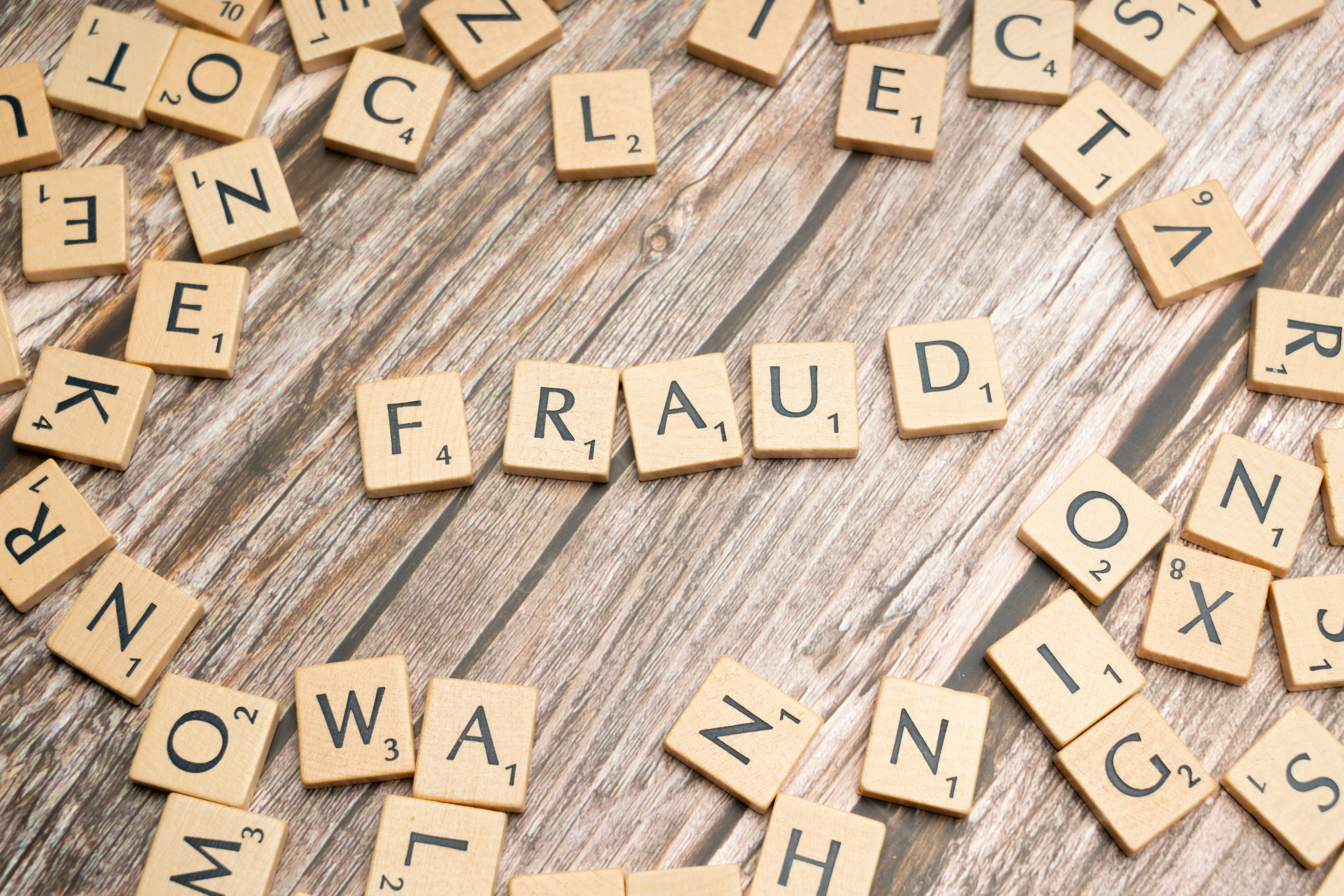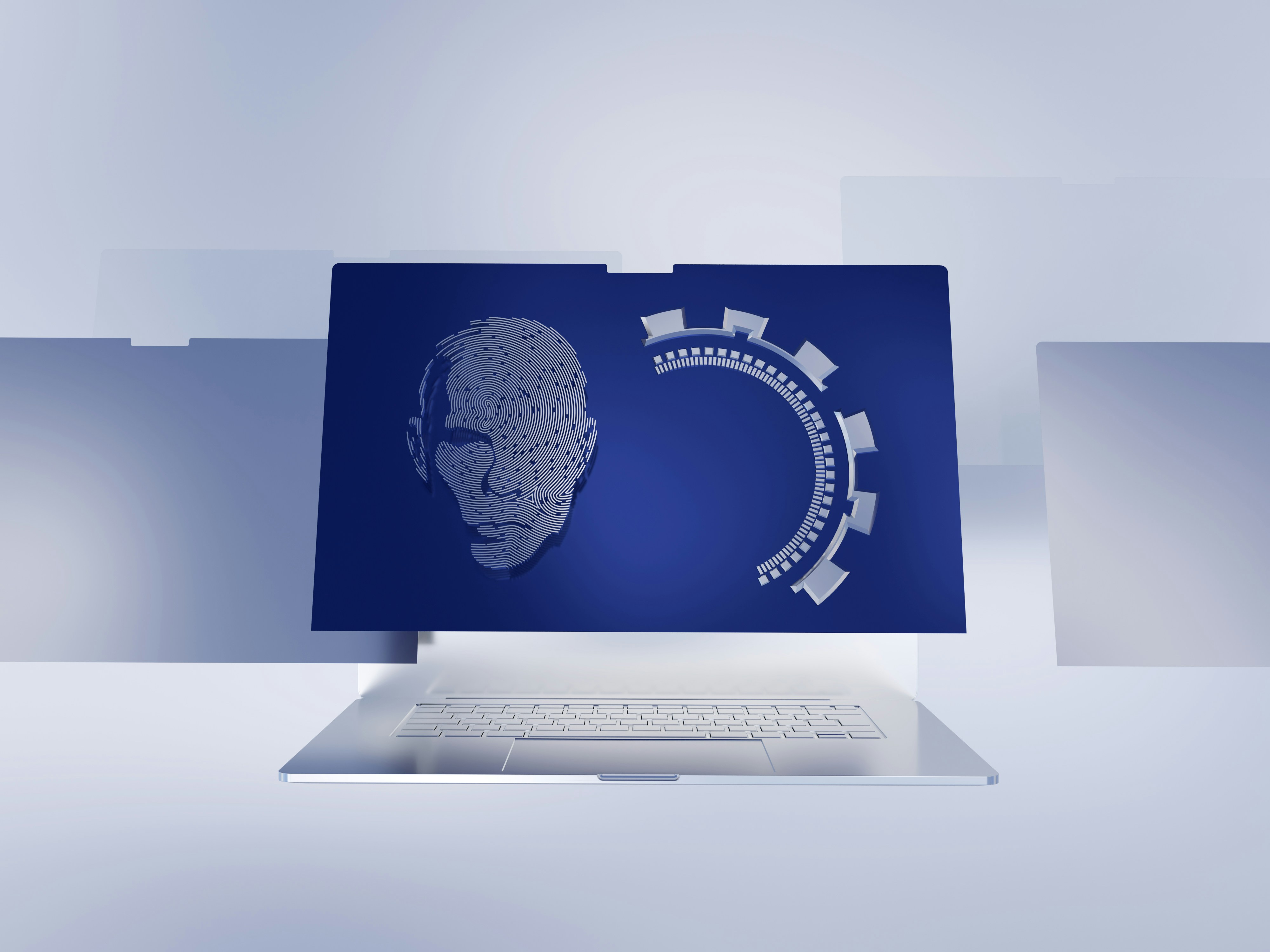Security and Compliance
Guarantee maximum security and meet compliance and regulatory requirements with Unissey.



Enhance your offerings by ensuring the highest level of security for your remote identity verification processes.



At Unissey, security is not just a feature, but a fundamental principle embedded in the very design of our facial biometric solutions.
Unissey is committed to security at its core. Our facial biometric solutions are built with a 'security-by-design' approach, ensuring that security is integrated throughout the entire development lifecycle. From robust algorithms to secure data storage, we deliver unparalleled reliability in real-world scenarios.
Unissey is evaluated and certified by the most recognized independent organizations in the industry
Liveness detection
iBeta : ISO 30107- 3 compliant, Level 1 & 2 :
Smartphone : APCER=0% & BPCER=0%
Laptop : APCER=0% & BPCER=2%
Unissey is the only solution that meets the ISO 30107-3 standard for both mobile AND desktop. This means that a switch to a smartphone is not necessary when the user starts their journey on a computer, ensuring a smoother experience.
CLR : ISO 30107- 3 compliant, Level 1 & 2 :
APCER=0%
LSTI : ISO 30107-3 certified - Level 1&2 :
APCER=0%
With a proven track record of over 70,000 successful security tests, Unissey is the gold standard in facial biometrics. We are not only evaluated as compliant, but certified ISO 30107-3.


Face comparison
NIST
False Match Rate (FMR)=10-6
False Non-Match Rate (FNMR)=0,48%
With a security threshold of 10^-6, meaning that for one false acceptance in a million (10^-6), fewer than five people out of a thousand are incorrectly rejected (=0.48%).




Age verification
NIST
FPR = 0.130 on “Border” dataset
Unissey is the gold standard in age verification for real-world photo capture, as part of the Challenge 25 application.

Coefficient GINI: 0,25
Unissey is the least biased age verification solution.



We are committed to protecting user data
GDPR
GDPR complant

Cloud
Sovereign Cloud - Scaleway

They trust us
“As a major trust service provider, we are committed to offering the best to our clients for securing their activities and protecting their customers. This partnership with UNISSEY will allow us to optimally meet their remote identity verification needs. Banking, insurance, real estate, regulated activities... there are many sectors to develop, providing numerous opportunities for us to further establish ourselves as leaders in trust services."
Frequently asked questions
What do APCER and BPCER stand for?


APCER, or Attack Presentation Classification Error Rate, represents the proportion of attacks incorrectly classified as genuine (real person). The higher the APCER, the more compromised the security of the solution (many attacks succeed).BPCER, or Bonafide Presentation Classification Error Rate, represents the proportion of genuine users (real people) incorrectly classified as attacks. The higher the BPCER, the worse the user experience (many people are wrongly rejected).
What do FMR and FNMR stand for?


FNMR, or False Non-Match Rate, is the rate of false rejections, meaning the rejection of a pair of images when they actually belong to the same person.FMR, or False Match Rate, is the rate of false acceptances, meaning the acceptance of a pair when the two people are different
What types of attacks do you detect?


We detect all types of attacks: presentation attacks, injection attacks, and deepfakes.
What is the Challenge 25?


Challenge 25 is a UK age-restriction policy for alcohol sales. It involves requesting ID from anyone who appears under 25 years old to prevent alcohol sales to minors.
What is FPR?


In the context of Challenge 25, it refers to the number of underage individuals (under 18) who are estimated to be over 25 years old.
What is the GINI coefficient?


The GINI coefficient defines the level of variation in results across a dataset. The lower the coefficient, the less biased the algorithm is.
What is a “Border” database?


A "Border" database consists of photos taken at border control stations between two countries, captured under real-world conditions.
What is a “cybersecurity” evaluation approach?


A "cybersecurity" approach means that sophisticated, custom-designed attacks were specifically created to test Unissey’s algorithms
Are you compliant with the PVID standard?


We assist our remote identity verification service provider clients in their PVID certification byproviding a facial biometrics solution that meets ANSSI requirements (video, resolution, injection, robustness against attacks).
Do you store data, and for how long?


We only store user data with their consent and for a maximum of 90 days.
Ready to fight identity fraud ?
Our facial biometrics experts are available to discuss your needs.








